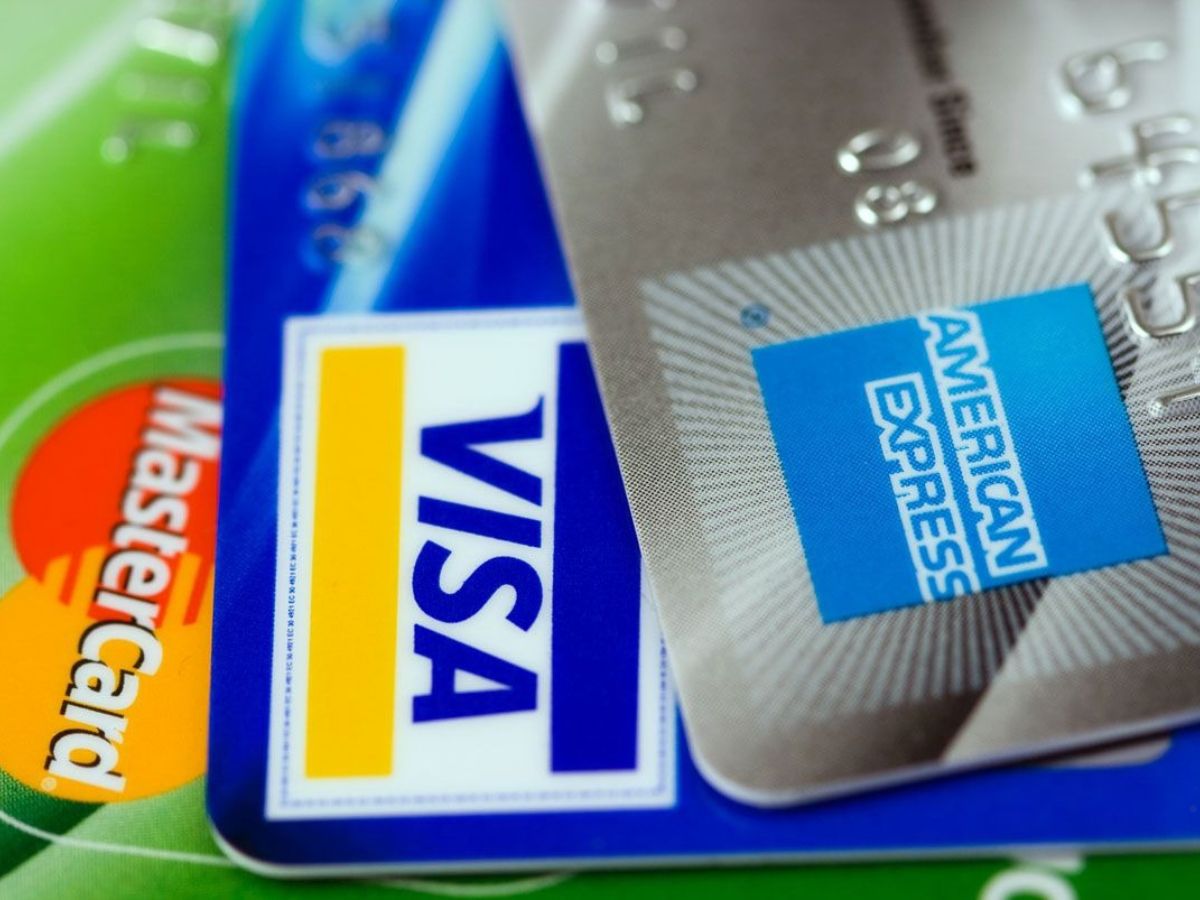
In today’s digital world, identity theft and financial fraud are more common than ever—and the consequences can be serious. One charge that often surprises people is possession of credit cards or IDs without the owner’s consent. Whether you picked up a card off the ground or held onto someone else’s ID without thinking twice, understanding the law around this issue is crucial.
What Does It Mean to Possess Someone Else’s Credit Card or ID?
Possession doesn’t just mean ownership. You can be charged for simply having someone else’s credit card or ID in your wallet, purse, car, or even stored digitally—if you don’t have their permission. That includes:
- A credit or debit card issued to someone else
- A government-issued ID (like a driver’s license or passport)
- Medical ID cards, work badges, or school-issued IDs
Even if the item wasn’t used for a crime, just being in possession of it can raise red flags with law enforcement.
Is It Always a Crime?
Not necessarily. Context matters. Maybe a friend left their wallet in your car, or you grabbed your partner’s credit card by mistake. But if the police find multiple IDs or cards with different names and no clear explanation, it can look like fraud or identity theft.
In many states, intent isn’t always required to be charged. Just having someone else’s credit card or ID—especially more than one—can lead to criminal charges under fraud or theft statutes.
What Are the Penalties?
Penalties vary by state, but here are some possible outcomes:
- Misdemeanor charges for simple possession without intent to defraud
- Felony charges if there’s evidence of fraud, theft, or identity manipulation
- Fines, probation, or jail time, especially for repeat offenses
- Immigration consequences for non-citizens, since these charges may be classified as crimes involving moral turpitude
Some states even have enhanced penalties for possession of multiple documents or cards that don’t belong to the person holding them.
Why You Should Take It Seriously
You don’t have to swipe the card or open an account to face serious legal consequences. Law enforcement agencies take possession of identifying documents very seriously due to the rise in scams, synthetic identity fraud, and financial crime rings. If you’re ever questioned or arrested over possession, it’s important to exercise your right to remain silent and contact a criminal defense attorney right away.
How to Protect Yourself
- Never hold onto someone else’s ID or credit card, even if they’re a friend or family member
- Return lost items to their owner or turn them in to the proper authorities
- Avoid carrying unnecessary documents that could lead to suspicion during a traffic stop or search
- Know your rights—and always speak with an attorney if you’re unsure about your situation
Bottom Line: Possession of credit cards and IDs without consent may seem like a minor issue, but it can lead to big legal trouble—especially if you’re unaware of the laws in your state. Stay informed, stay cautious, and when in doubt, let it go.



